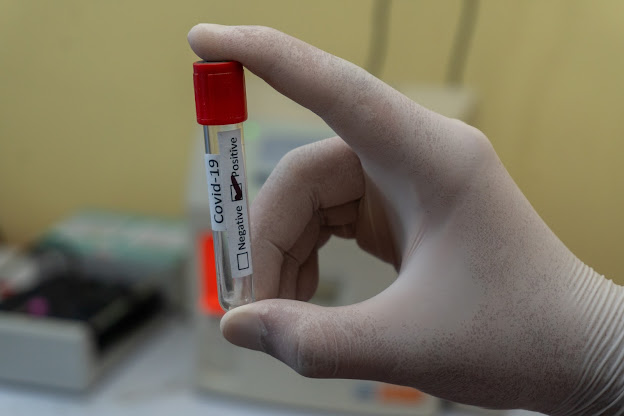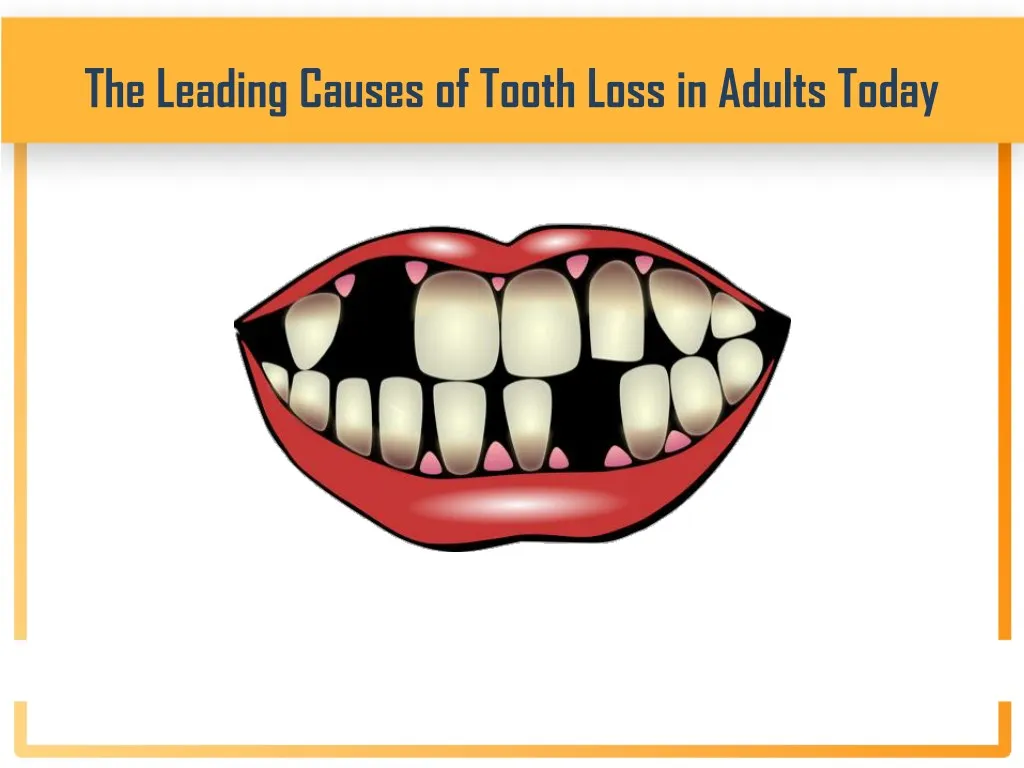A smile can be attractive, a primary asset to a person’s appearance. So,we at Cosmetic Dentistry Houston aim to create a positive change to the teeth and smile of an individual to make it look both natural and dramatic.
The primary focus of the treatment is to improve colour, position, shape, size and alignment of the teeth so that they may look much straighter, aligned, lighter and brighter to enhance the beauty of the face and lips. It helps to gain a new sense of self confidence.
Improving a smile may require a combination of treatment options such as bleaching/ whitening, reshaping the gums, and using bonded materials as veneers (resin or porcelain) or crowns, done by our experts at Cosmetic Dentistry Houston
Teeth Whitening
Teeth whitening can be one of the simplest ways to improve the smile. In which a whitening gel is applied on the front surface of the tooth by protecting the surrounding soft tissue with gingival barrier, giving a whiter, brighter and pleasing smile.
Dental veneers are of two types direct and indirect.
Direct Veneers
A tooth-colored, putty-like material (composite), which is a durable plastic filling material, is applied to the tooth and hardened with a laser light, bonding the material to the tooth. Once cured (hardened), the composite material will be checked for bite and polished to perfection.
Composite veneers can repair decayed, chipped, cracked, or misshapen teeth.
Direct Veneers may be easiest, fastest and most economical solution for an unhappy smile, however, direct veneers are not as strong as indirect veneers and may need to be touched up from time to time.
This is the case of direct veneers done to treat discoloration and caries by Dr. Gagandeep Kaur (cosmetic dentist & endodontist) at Cosmetic Dentistry Houston
Indirect Dental Veneers
These are thin, custom-made shells of tooth-colored porcelain that cover the front surface of the teeth. After removing about a .5 millimeter of enamel from the tooth surface, these thin porcelain shells are bonded (cemented) to the front of the teeth, changing their color, shape, size, or length.
Indirect veneers provide a permanent solution for the crooked smile and can last for years if good oral hygiene is maintained including brushing twice and flossing once each day.
Gingivectomy/Gum reshaping is a cosmetic treatment designed to improve the way gums fit around the base of the teeth. Also known as gum contouring,
this treatment can lengthen teeth and create a more symmetrical and aesthetically pleasing gum line as in the picture below.
A dental crown
Also called a cap, fits over the entire decayed or damaged tooth above the gum line, restoring its shape, size, strength, and appearance. Crowns keep a weak tooth from breaking or hold a cracked tooth together; they can be used cosmetically to cover misshapen or severely discolored teeth. Crowns can be made from metal, porcelain-fused-to-metal, resin, or ceramic.
Inlays and onlays, also called indirect fillings, are made from porcelain. Inlays differ from normal dental fillings as dental fillings are molded into cavity after removing the decayed part and done in only one dental visit. However, inlays and onlays are created in a dental
laboratory and bonded into place by the dentist in the cut cavity space. Inlays and onlays preserve as much healthy tooth as possible and are an alternative to crowns.
Cosmetic dentistry is a method of professional oral care that focuses on improving the appearance of your mouth, teeth and smile. And although cosmetic dentistry procedures are usually elective, rather than essential, some cases of treatment also provide restorative benefits.
The most common procedures used in cosmetic dentistry are fairly simple, whereas others are more complex and require specialized care.
Inlays and Onlays
These are also known as indirect fillings, which are made by a dental laboratory, and they are used when a tooth has mild to moderate decay or there is not enough tooth structure to support a filling. Provided there is no damage to the tooth cusps, according to Nu Dentistry, the inlay is placed directly onto the tooth surface. When the cusp or a greater portion of the tooth is damaged, however, an onlay is used instead to cover the tooth's entire surface.
Inlays and onlays are made in a dental laboratory from composite resin material and attached to the teeth with adhesive dental cement. They provide support to strengthen teeth, restore their shape and avoid any further decay or deterioration.
Composite Bonding
Composite bonding refers to the repair of decayed, damaged or discolored teeth using material that resembles the color of tooth enamel. Your dentist drills out the tooth decay and applies the composite onto the tooth's surface, then "sculpts" it into the right shape before curing it with a high-intensity light. Also referred to as simply "bonding," per the Consumer Guide to Dentistry, this effectively covers the damage to the tooth and gives the appearance of a healthy tooth in its place. Bonding is one of the least expensive cosmetic dentistry procedures available to patients with tooth decay, chipped or cracked teeth and worn-down edges.
Dental Veneers
Typically manufactured from medical-grade ceramic, dental veneers are made individually for each patient to resemble one's natural teeth, according to . They look exceptionally realistic and can resolve numerous cosmetic problems, ranging from crooked teeth, to cracked or damaged enamel to noticeable gaps between two teeth. The dentist applies the veneer to the front of each tooth using a dental adhesive.
Teeth Whitening
One of the most basic cosmetic dentistry procedures, teeth whitening or teeth bleaching can be performed at your dentist's office. Whitening should occur after plaque, tartar and other debris are cleaned from the surface of each tooth, restoring their natural appearance. Teeth can also be bleached to achieve an even lighter shade than this original color, according to the American Dental Association (ADA) Mouth Healthy site.
Over the years, teeth become stained and worn from food, drinks, medication and personal habits such as smoking. Whitening coats the teeth and this procedure can be done in the dental office or at home. Additionally, patients can use toothpastes such as Colgate® Optic White® Platinum to achieve the same effect in a one to two week period. This product is available in four different formulas, and works to whiten teeth more than three shades over a period of two weeks and for optimal results within four weeks.
Implants
Dental implants are used to replace teeth after tooth loss. The dentist inserts a small titanium screw into the jaw at the site of the missing tooth, which serves as the support for a crown. These implants are almost indistinguishable from the surrounding natural teeth, and once the bone and supporting tissue fuse to the implant, they are permanently secured into place. Patients need to practice diligent oral hygiene during the implant placement period to clean plaque and food debris from the area.
If you're considering cosmetic dentistry procedures, it's vital to find a cosmetic dentist who specifically offers the option you're interested in. Talk with family and friends to find out if they can refer to you a dental professional, or check with the AACD for listings of dentists in your area.
Here at Nu Dentistry, we understand that you’re busy, and we do everything we can to make sure your time with us is as smooth as possible. From the moment you walk through our doors and check in, we take care of all the little details for you. You’re never in our waiting room longer than 5 minutes, and we take pride in having your time in the dentist’s chair as short as possible without losing any of our attention to detail. We are dedicated to patient first service! In other words, YOU are number one at Nu Dentistry,
and our dedicated, personalized service guarantees your complete satisfaction. We perform everything in-house, so you never have to worry about referrals for another dentist or specialist. It’s our honest belief that dentists should not only be amazing at what they do but as convenient and accommodating for their patients as possible. We’re open Saturday so you never have to put off your visits or come in during work. If you are looking for a dental team that really puts your dental health first, give our office a call.










:max_bytes(150000):strip_icc():format(webp)/top-common-dental-problems-1059461_color1-5c1afdd346e0fb0001efc715.png?profile=RESIZE_710x)


